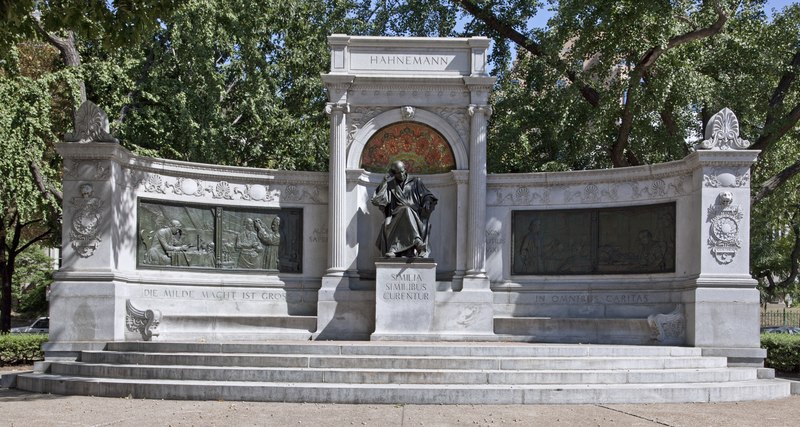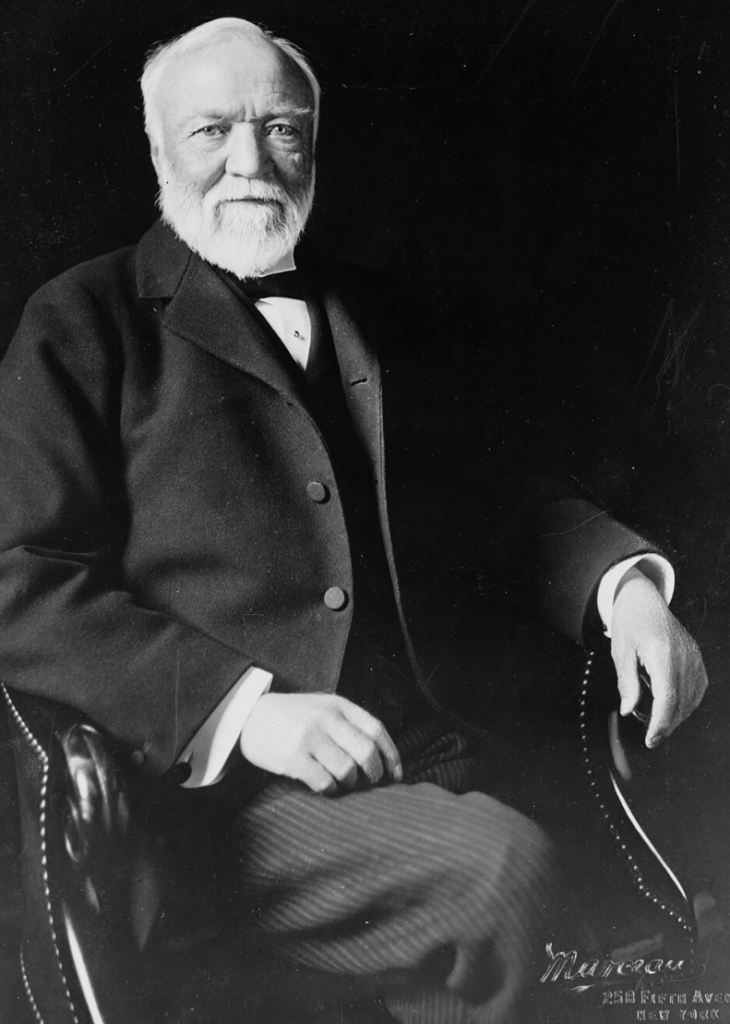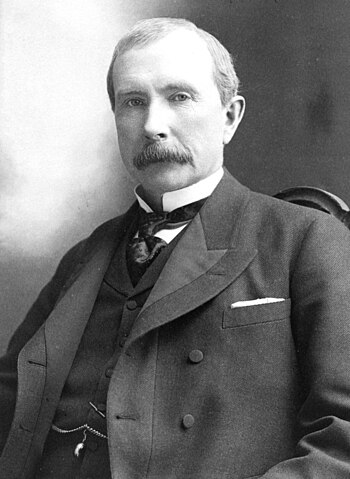Traditional vs Modern Medicine: one of the incidental learnings from the study of homeopathy is a glimpse into the history of medicine. In fact what is now considered orthodox was once alternative.
In fact medicine as currently understood is a relatively recent phenomenon. There were assuredly notable figures back in ancient history such as Hippocrates (460-370BCE) and Galen (129-216 CE) whose influence reached into the 17th century and Paracelsus (1493-1541). In some regards their great influence was a constraint on progress. William Harvey (1578-1657) hesitated for years to publish his thesis on the circulation of the blood which (correctly) challenged ancient wisdom.
We can safely say that excluding early surgical procedures – I dare say much learned on the battlefield – that the majority of medicines in use were herbal in nature. And across the globe today hebalism remains common place. TCM or Traditional Chinese Medicine, follows the Chinese diaspora and has a world-wide presence. Similarly in the Indian sub-continent there is Ayurvedic medicine, whilst in the west Naturopathy is recognised, albeit with a lower profile. There are many similar branches of Traditional Medicine in other cultures accross the World. Given the history and global presence you could reasonably argue that these practices are indeed quite orthodox.
Samuel Hahnemann (1755-1843) who set down the precepts of Homeopathic medicine was a radical thinker. His system of medicine developed from what was then orthodox. It was underpinned by a new philosophy of the nature of both man and disease. Certain aspects were known to the ancients, for example that like can cure like had been postulated previoulsly. But his theory of miasms, about which I wrote recently, was surely radical. As indeed was his theory on minimum the medicinal dose to stimulate cure. That his is the first monument in Washington to a citizen not born in the USA, has to say something. It is rather grander than a blue plaque!

A new revolution began shortly after Hahnemann’s death. The bacteriologists, Frenchman Louis Pasteur (1822-1895) and German Robert Koch (1843 -1910) introduced germ theory which confirmed earlier speculation regarding the nature of contagion. Pasteur’s rival Antione Bechamp (1816-1908) contested the theory observing that a healthy immune system resists infection. So the challenge was to define and maintain health. rather than eliminate germs. We can today safely say that both men were right. Improvements in sanitation, nutrition and living conditions are of equal standing to medical interventions.
At any rate the middle years of the 19th century saw the dawn of modern medicine. An understanding made possible by the microscope and advances in chemistry.
The origins of scientific discovery is an interesting study in itself. The World History website gives a taster. In western terms famous names like Galileo and Newton point to the 17th century.
However, as mentioned, in medical terms the 19th century is pivotal. Not only was there germ theory but the first edition of Gray’s anatomy was published in 1858
Hahnemann was actually a notable chemist in his own right and justifiably scientific in his methods.


The industrial revolution was truly that. By the early twentieth century there were two very wealthy men who were likely pivotal in placing what is now deemed orthodox western medicine centre stage. The first was Andrew Carnegie (1835-1919), born to a weaving family in Dunfermline, Scotland, who made his fortune in the USA in iron and steel. The second John D Rockefeller, who created Standard Oil. Both established charitable foundations that remain influential to this day.
The Carnegie Foundation funded research into medical education in the USA early in the twentieth century. The report compiled by Abraham Flexner, an educator, set the path for medicine ever since.
There is much to commend the new scientific approach. From the sythensis of Aspirin in 1899, there were precursors to the antibiotics by the 1930s, then Penicillin in the 1940, Corticosteroids in the 1950s, Beta blockers in the 1960s, Paracetamol in the 1970s and so on. Not to mention advances in vaccines and surgery.
The triumphs of modern medicine are extoled, but call into any old churchyard and you will see that our forebears lived longer that you might think.
A century later steel and oil have given way to the information age. We now find the Bill and Melinda Gates Foundation similarly engaged. A good thing? – maybe. But I read a recent review of a biography that the foundation’s influence which in financial terms exceeds that of the World Heatlth Organisation and is accountable to none. Nurse educator Dr John Campbell has some concerns.
Emeritus Professor Edzard Ernst who prior to his retirement held the chair in Complementary Medicine at Exeter University. Strangely – for he is not too keen on complementary medicine – I rather agree with an argument he put forward in his autobiography, namely that there is no such thing as complementary of alternative medicine. Just good or bad medicine.
People have to make choices, surgery over drugs for example. Whether or not to use traditional medicines of whatever hue is just another choice. The keywords are ‘Informed consent’. Retired GP Bob Leckridge has wise words on this subject.
There is a certain pejorative tone when speaking of Traditional vs Modern Medicine. Old hat versus new – and obviously new is best. For sure it can be, but the to ignore past wisdom is surely folly. Modern medicine does some things very well, but often the focus is on symptom management and not cure. And as we hear daily healthcare within the NHS places a significant burden on the economy.
Should we not be seeking the best of both tradition and new? For the most part medical schools do not teach traditional medicine. Consequently an choice outside the mainstream relies on individual research.
Saddens me a bit.
Do take advantage of a free Discovery Call, if you wish to research whether homeopathy offers any potential to help with your health concerns.